
SGR would like to bring to your attention the recent development from the U.S. Securities and Exchange Commission (SEC) regarding cybersecurity regulations that impacts public companies subject to the reporting requirements of the Securities Exchange Act of 1934. We are highlighting key aspects of the new rule, including the introduction of new disclosure forms and requirements. In March 2022, the SEC introduced a proposal encompassing new rules, rule amendments, and form amendments designed to enhance and standardize disclosures related to cybersecurity risk management, strategy, governance, and material cybersecurity incidents. On July 26, 2023, the SEC announced its adoption and implementation… Read more
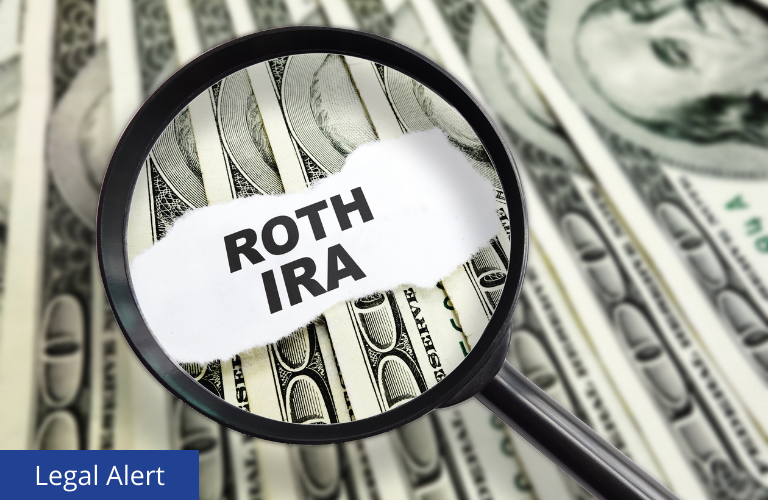
On Friday, the Internal Revenue Service (“IRS”) released Notice 2023-62 (the “Notice”) providing welcome relief to plan sponsors with respect to the new SECURE 2.0 requirement that all catch-up contributions made by high-income employees be treated as Roth. This provision was set to become effective for taxable years beginning after December 31, 2023—however, the newly released guidance announced a two-year transition period for this requirement. This means that, until 2026, catch-up contributions for high-income employees (those who earned more than $145,000 in the prior year) will be treated as satisfying the catch-up contribution requirements, even if they are not designated… Read more

The U.S. Equal Employment Opportunity Commission (“EEOC”) published new proposed regulations on Friday, August 11, to implement the new Pregnant Workers Fairness Act (“PWFA”), signed into law at the end of December 2022. The PWFA requires covered employers to offer “reasonable accommodations” to applicants and employees to address health issues related to pregnancy or childbirth, so long as the accommodation does not cause an “undue hardship” on the operation of the covered employer’s business. The PWFA applies to all private and public sector employers with at least 15 employees and expands existing protections under Title VII of the Civil Rights… Read more
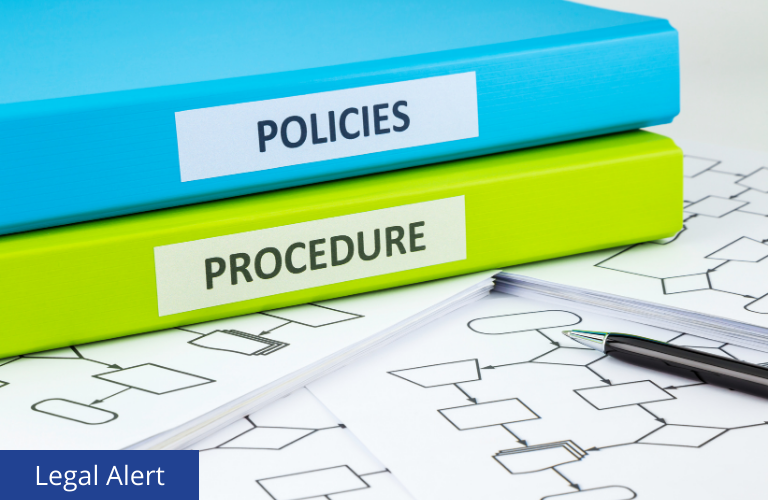
On August 2, 2023, the National Labor Relations Board (“NLRB”) issued its decision in the much-watched Stericycle Inc. and Teamsters 628 case, returning to a case-by-case standard for evaluating challenges to employer-promulgated policies (for both union and non-union employees), and overturning a prior more employer-friendly standard that employed a balancing test to categorize policies into three groups. On September 4, 2020, the Administrative Law Judge (“ALJ”) determined policies in Stericycle’s employee handbook pertaining to personal conduct, conflicts of interest, and confidentiality of harassment complaints were overbroad and dissuaded an employee from engaging in protective activity, in violation of Section 8(a)(1)… Read more
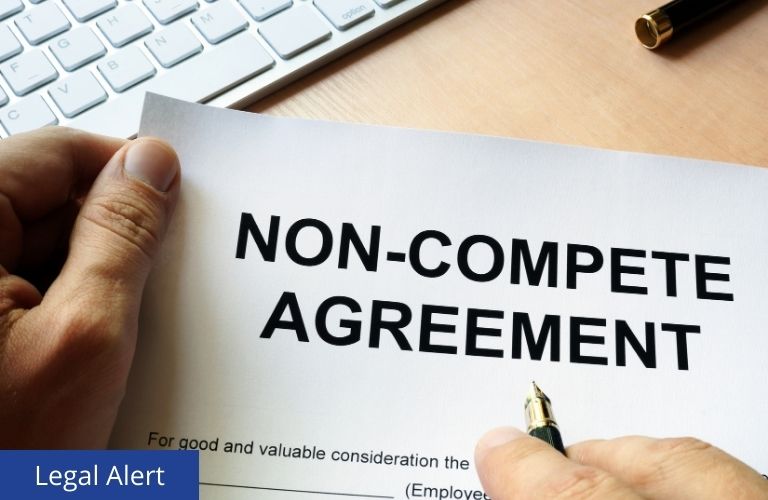
A sweeping proposed bill (A1278B) amending the New York Labor Law to make unlawful any non-compete agreement has passed the state Assembly and is heading to New York Governor Hochul. If signed, the bill would cover all non-compete agreements entered into or modified 30 days after the bill’s effective date. Notably, the pending bill does not require the rescission of existing non-compete agreements. The proposed bill provides that all non-compete agreements purportedly covering any person who performs work or services for another person (employee or contractor) are void and permit an affected individual to bring a civil action against an… Read more

In an 8-1 decision, the United States Supreme Court ruled for the employer in Glacier Northwest v. Teamsters, Local 174 in a case that has significant implications for a union’s right to strike and for the targeted employer to respond to the strike with a court action for property damage. In Glacier, the Court addressed whether the National Labor Relations Act (“NLRA” or the “Act”) preempts an employer’s state tort claim against a union “alleging that the Union intentionally destroyed its property during a labor dispute.” The Court held that the NLRA does not protect a union from state claims… Read more
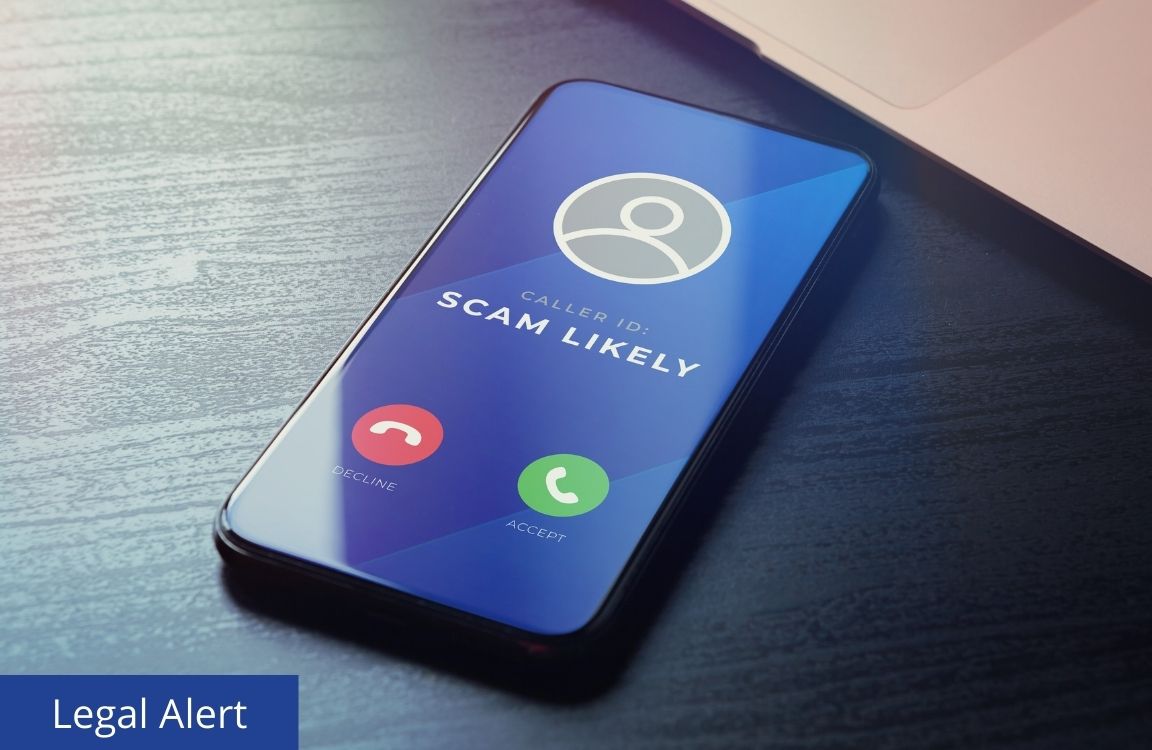
The United States Patent and Trademark Office (USPTO) has recently issued an alert warning of scams being perpetrated where a caller impersonates an employee of the USPTO. In a tactic called “spoofing,” the scammers trick phone networks into displaying caller ID that is different from their actual information. To obtain more information on reporting spoofed calls and protecting yourself from scammers, read the USPTO’s recommendations. You may also contact a member of SGR’s Intellectual Property Practice.
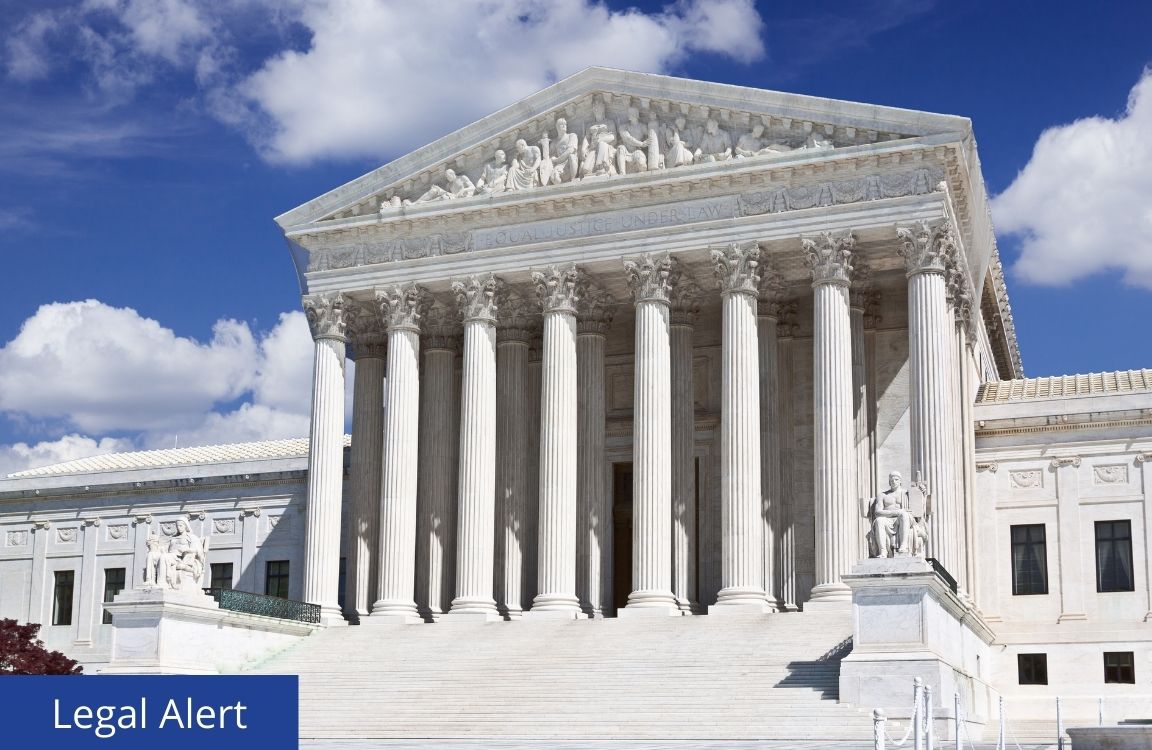
In 1989, the Second Circuit Court of Appeals, in what has become known as the Rogers Test, held that a suit for trademark infringement based on the use of an accused mark in an expressive work (and/or a use in its title) should be dismissed at the outset unless the trademark owner could show that the challenged use “has no artistic relevance to the underlying work” or the challenged use “explicitly misleads as to the source or content of the work.” But the Second Circuit made clear that its Rogers Test was not a general rule and was not to… Read more
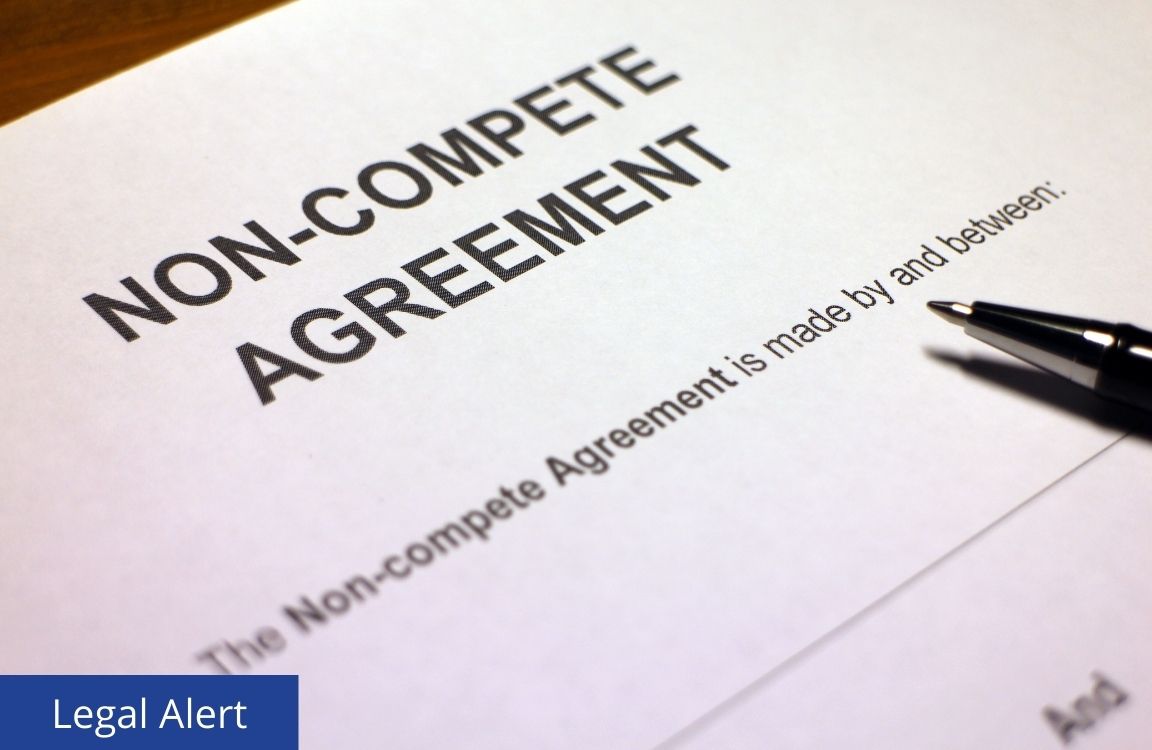
On May 30, 2023, the General Counsel of the National Labor Relations Board (“NLRB”) issued a memorandum (the “Memorandum”) to all NLRB Regional Directors, Officers-in-Charge, and Resident Officers concluding that most non-compete provisions contained in employment agreements and severance agreements violate the National Labor Relations Act (the “Act”). The Memorandum provides that the General Counsel “believed” non-compete provisions interfere with non-supervisory employees’ exercise of their Section 7 rights under the Act, and “[e]xcept in limited circumstances, . . . the proffer, maintenance and enforcement of such agreements violate Section 8(a)(1) of the Act.”[1] The General Counsel takes the position that… Read more
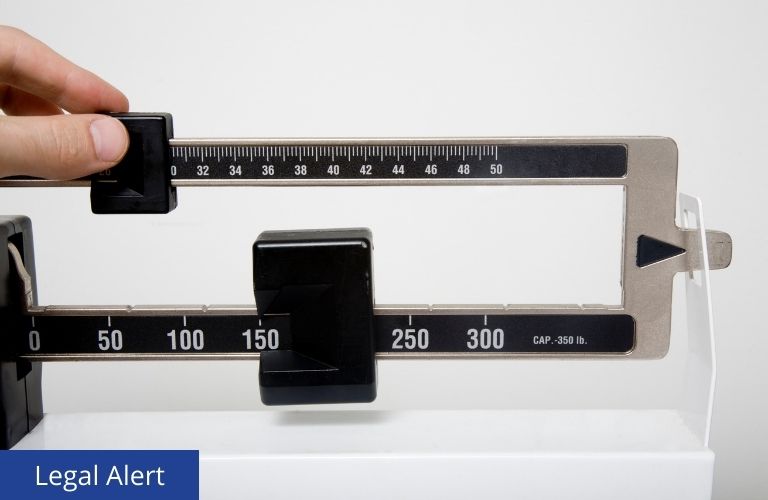
New York City amended its Human Rights Law, effective November 22, 2023, to prohibit discrimination on the basis of height and weight, further expanding the list of protected characteristics under New York City law. The law applies to all New York City employers and prohibits consideration of height and weight in employment decisions with two limited exceptions — where height and weight factors are: (1) required by applicable law or regulation; (2) permitted by a New York City Commission of Human Rights regulation identifying particular jobs or categories of jobs for which a person’s height or weight (a) could prevent… Read more











